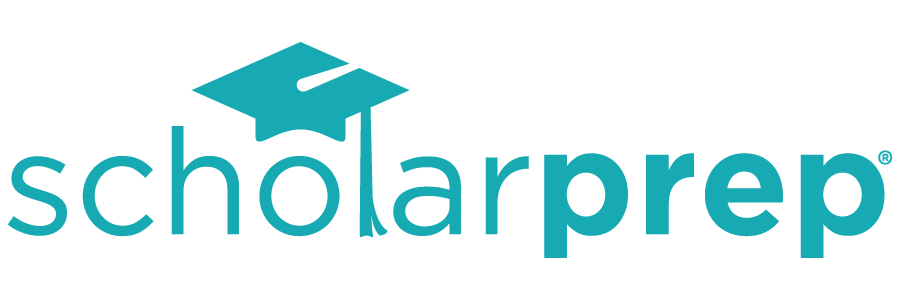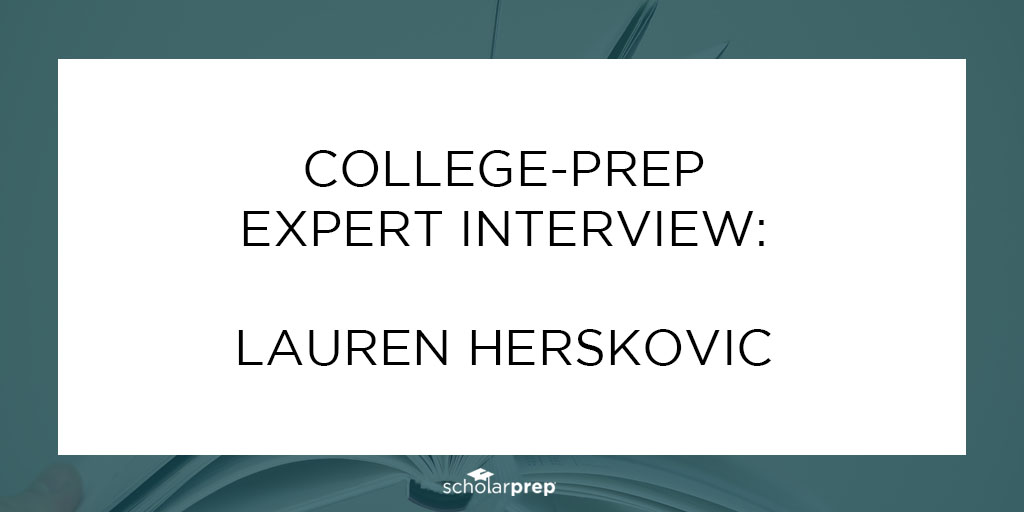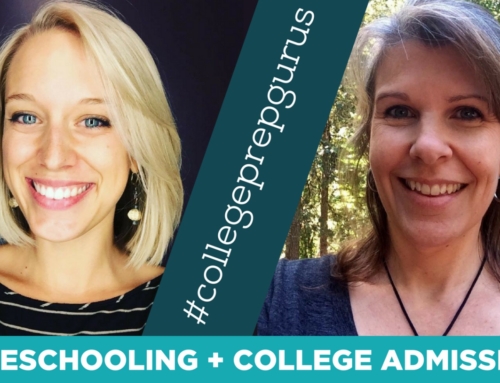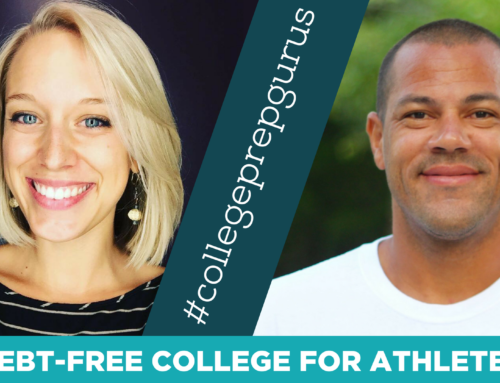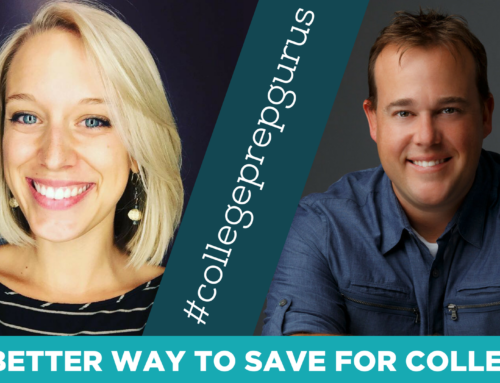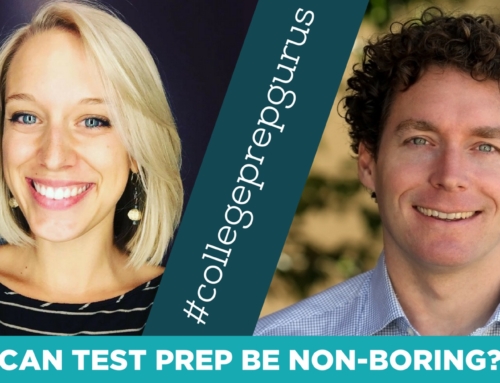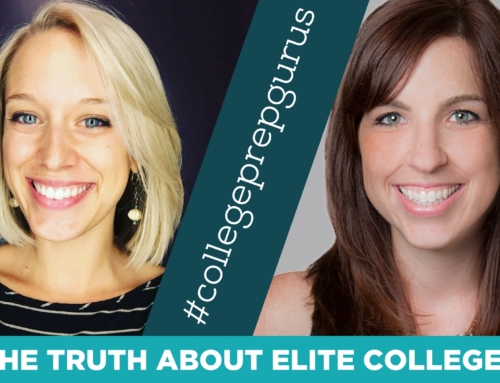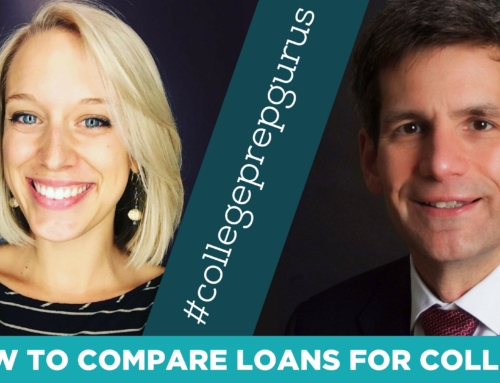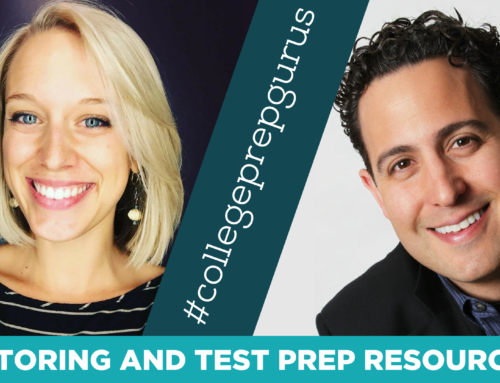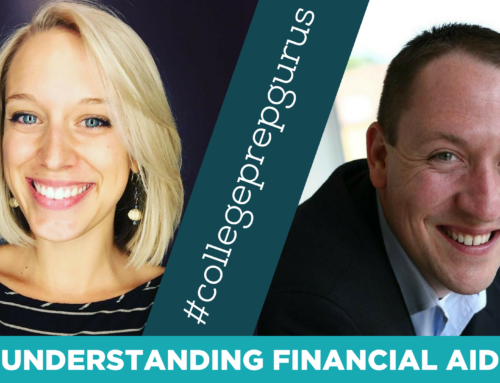Our College-Prep Expert Interview series gives parents and students an opportunity to meet an expert who can help them on their college-bound journey. We ask each expert how they got into the business of college-prep, why their work is so important and to share their biggest tips and tricks!
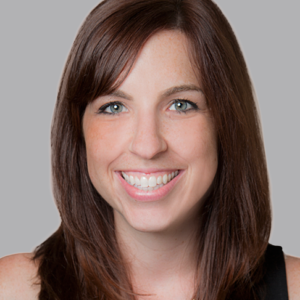 Expert: Lauren Herskovic
Expert: Lauren Herskovic
Company: Admissionado
Location: Chicago Headquarters
Catchphrase: Laugh it off.
Why we interviewed Lauren: She works for Admissionado, a group of committed experts helping students get into the world’s best schools. She helps students tell their story and present a cohesive, compelling narrative that connects with the reviewer.
Let’s start with the big question, what do you do?
Simply, we help talented, motivated, students get accepted to elite universities. The fact is that the world of admissions is more competitive than ever before. A great GPA and a perfect score on the SAT just isn’t enough to get you accepted to the top echelons of universities. Do you know how many Valedictorians got rejected from Harvard last year? A lot. Sure, you’re an academic all-star (or maybe you aren’t… and that’s fine too!), but you’re also a thoughtful, intelligent human being who has passions beyond academics. This entire package needs to be presented to the admissions committee in a cohesive, compelling narrative that connects with the reviewer. We help students tell that story… it just happens to be in the form of a college application.
How long have you been working in the college-prep world?
We’ve been working with students for 10 glorious years, and we’ve worked on over 28,000 applications for students from around the globe! We live, eat, and breathe this stuff. (Notice how I didn’t say sleep. We don’t get much sleep around here :-))
How did you get into this work?
Honestly almost by accident. Admissionado’s co-founders, Jon Frank and Raj Patil, were best friends during their undergraduate studies at Brown University, achieving both academic accolades and acappella fame. After graduating, they went their separate ways (Jon to HBS and Raj to USC for his MFA). As their career paths separated, the one commonality was that friends/relatives/neighbors/coworkers would ask them for help on their own applications. “Jon, how did you get into Harvard?” “Raj, can you review my essay?” Eventually, fueled by a desire to do something together, they decided to team up and help students get into college and graduate school. And now, 10 years and over 100 consultants/mentors later, here we are!
What is the biggest lesson you’ve learned through your experience?
I’ve learned that there’s a fine line between being a supportive parent in the application process and actually holding a student back. And despite their best intentions, many parents end up doing the latter.
I work with families every day and I know that any parents that seek us out are parents who want the best for their children. But doing the work for the kids, making the decisions for the kids, or pushing the kids too hard… it’s helping no one! The college application process is incredibly introspective and when students really dive into it, it can be transformative. I’ve watched students blossom throughout this process, learning a lot about themselves and their abilities. And that’s hugely important now and when they get to college! But when a parent steps in and calls all the shots or shoots down their student’s ideas or, worse, does the essays themselves (yes, parents try to do this every year!), not only does the application fail, but the student misses out on a tremendous learning opportunity and he/she loses faith in him/herself and his/her skills.
The best thing any of us can do for these students is to empower them, push them, and make them work hard for what they want.
Why is your work so important?
Look at the statistics. On average, every guidance counselor is in charge of guiding (at minimum!) 450 bright young minds through all aspects of their high school experience. The (amazing) work guidance counselors do goes faaaar beyond just working on college applications, so it’s humanly impossible for them to be able to give each student the time and attention they need when it is time to work on college apps. Let’s admittedly oversimplify this to make a point: let’s say a guidance counselor has 15 weeks per semester to interact with students. That’s a total of about 600 hours, or for each of the 450 students 1 hour and 20 minutes. Let’s then say that 35% of that time is devoted to college guidance, so roughly 30 minutes a semester. So a total of 30 minutes to advise a student on what should be the ultimate goal of their entire high school experience. It’s a miracle how much guidance counselors do as much as they do, but let’s face it, they need help, and students need more personal, targeted guidance. That’s why we’re here.
Who is your typical client?
When’s the last time your teenager said “I need help”? Doesn’t happen too often, but they often know that they do. Parents, therefore, are usually the first ones to get in touch with us, because they know their kids better than anyone. Concerned parents are our typical customers and they come in all shapes and sizes. Some are parents of 9th graders looking to set their kids on the right path for a top college. Others are parents of 12th graders that don’t know where and how to start the application process. Some have kids that are applying to the top of the top universities and realize that their student needs an edge to stand out from the pack. Others just realize their child needs some extra oomph in that college essay. The great thing is that our team is ready for all of this, and everything in between.
What have you found your clients struggle with the most?
Taking risks. Which I totally understand, being one of the most risk averse people on the planet. This is a HUGE moment, after all; isn’t it best to play it safe?
Nope!
Parents and students think there is a formula for getting into college. And that it’s all about listing off your biggest accomplishments in order to woo the admissions committee. But here’s the thing: there is no formula. And even more, these admissions guys have seen EVERYTHING. Every accomplishment. Every accolade. You won the State Tournament? Awesome! But so have MANY other applicants. You built an app? Cool. But isn’t that what all the kids are doing these days?
Showing a college your resume – no matter how full it is – will not set you apart. For every cool thing you’ve done… there are thousands of other students who have done the same. And all of those guys – since they’re not reading this – are going to list off those accomplishments in their apps and blend into one another.
The REAL way to stand out is to take a risk in your essays. Be vulnerable. Be personal. Be different. Be zany. Have some fun. After that admissions committee member goes numb reading the thousands of boring accomplishment essays, yours WILL stand out. You will be remembered. And that’s the first step to getting admitted.
What is the most important piece of advice you give them?
Start. Early. Start early. We can’t stress this enough. College applications don’t start senior year or even the summer before senior year. The profile you build for yourself throughout your entire high school career matters, and that starts in 9th grade. When students approach us in October before January 1st deadlines, we absolutely do our best to tell the story that has been molded, but imagine a student allowing us to help them shape that story from the get-go. Help them discover their passions and pursue them in a meaningful way. Help them make the most of the courses they select and their summer plans. That story will be immensely more personal and meaningful, and the adcom will know it.
Do you have any tips or tricks to share with families on the college-bound journey?
Besides starting early? Avoid too many cooks! Find one or two trusted resources and stick with ‘em. This process is incredibly subjective and everyone has an opinion. The more people you petition for help, the more muddled the process becomes. At the best, you have to sort through a LOT of conflicting information. At worst, your student’s application becomes a muddled mess, devoid of personality. So just find that one person you trust – a friend, family member, teacher, professional counselor – and stick with ‘em until the end.
What is your favorite college-prep resource?
I think our blog and resources are the best there are, of course! But as members of NACAC, we are also fortunate to have guidance counselors + admissions officers from around the world at our fingertips. And that collective (and brilliant/passionate/knowledgeable) brain trust, to which we can toss any and all questions, is the most valuable resource there is.
What is one thing that makes what you do unique?
We understand that students are busy after school. Track practice, soccer practice, dance lessons, Model UN, Pog Club (my personal favorite); over programmed students is not a myth. The prospect of finishing after school activities, needing to go home to do homework, and also trying to squeeze in some time to meet with an Admissions Counselor at their office is daunting to say the least. Our model is purely virtual, therefore allowing students to interact with their Counselor around their schedule…. And much more often! It also allows us to hire the most talented Counselors in the country, no matter where they’re based. Happy, supported students + rock star counselors = recipe for success.
What’s your favorite thing to do in your free time?
Like most people in the 21st century, I’m a big fan of binge-watching TV shows with my dog, Harvey. (Who was named, of course, after a TV character!)
Anything else we should know?
No matter what you think, when it comes down to choosing the best college for you/your student, it’s actually quite simple: go to the best college you can get into. Ignore everything else – it’s just noise! – and go to the best school you can get into.

